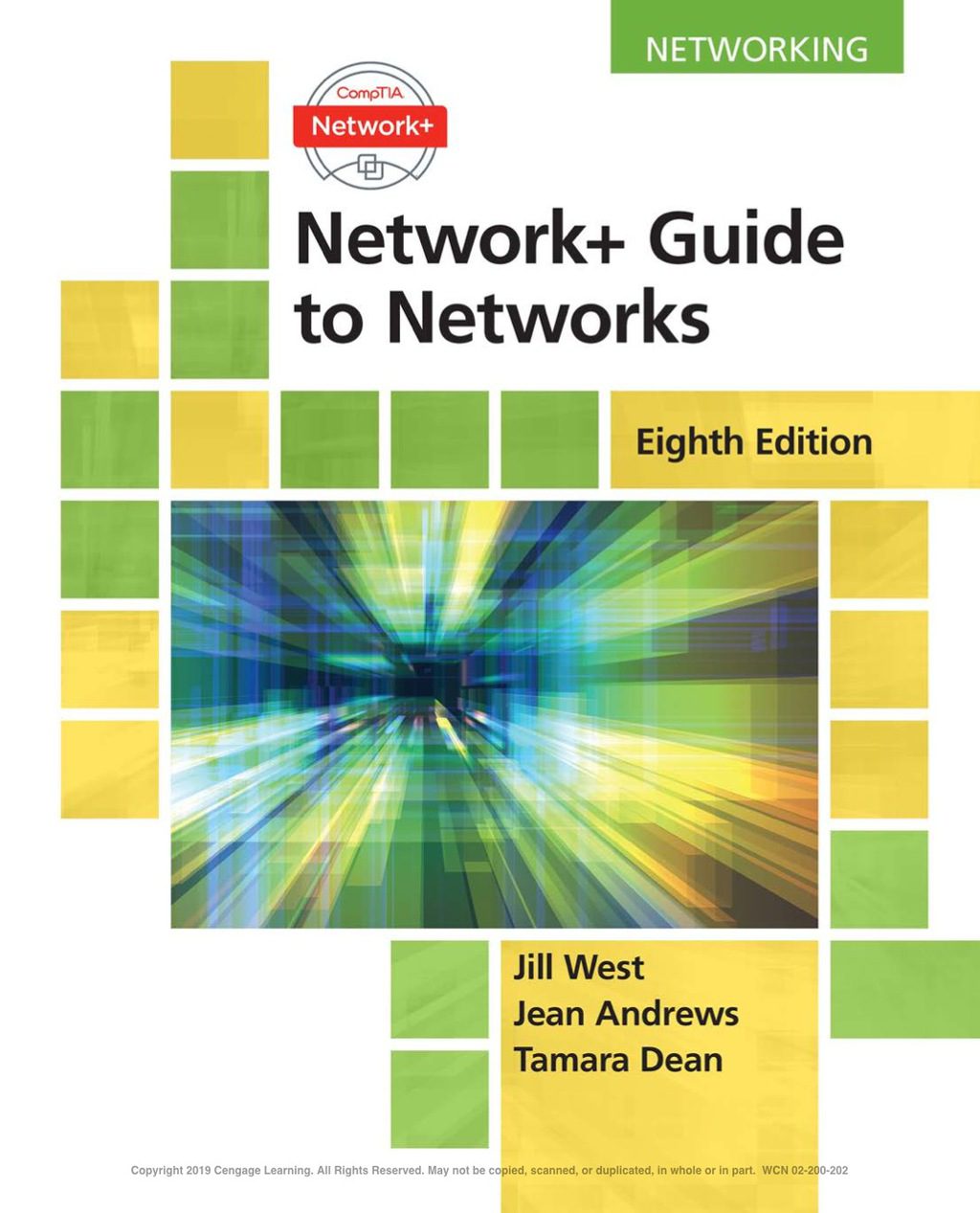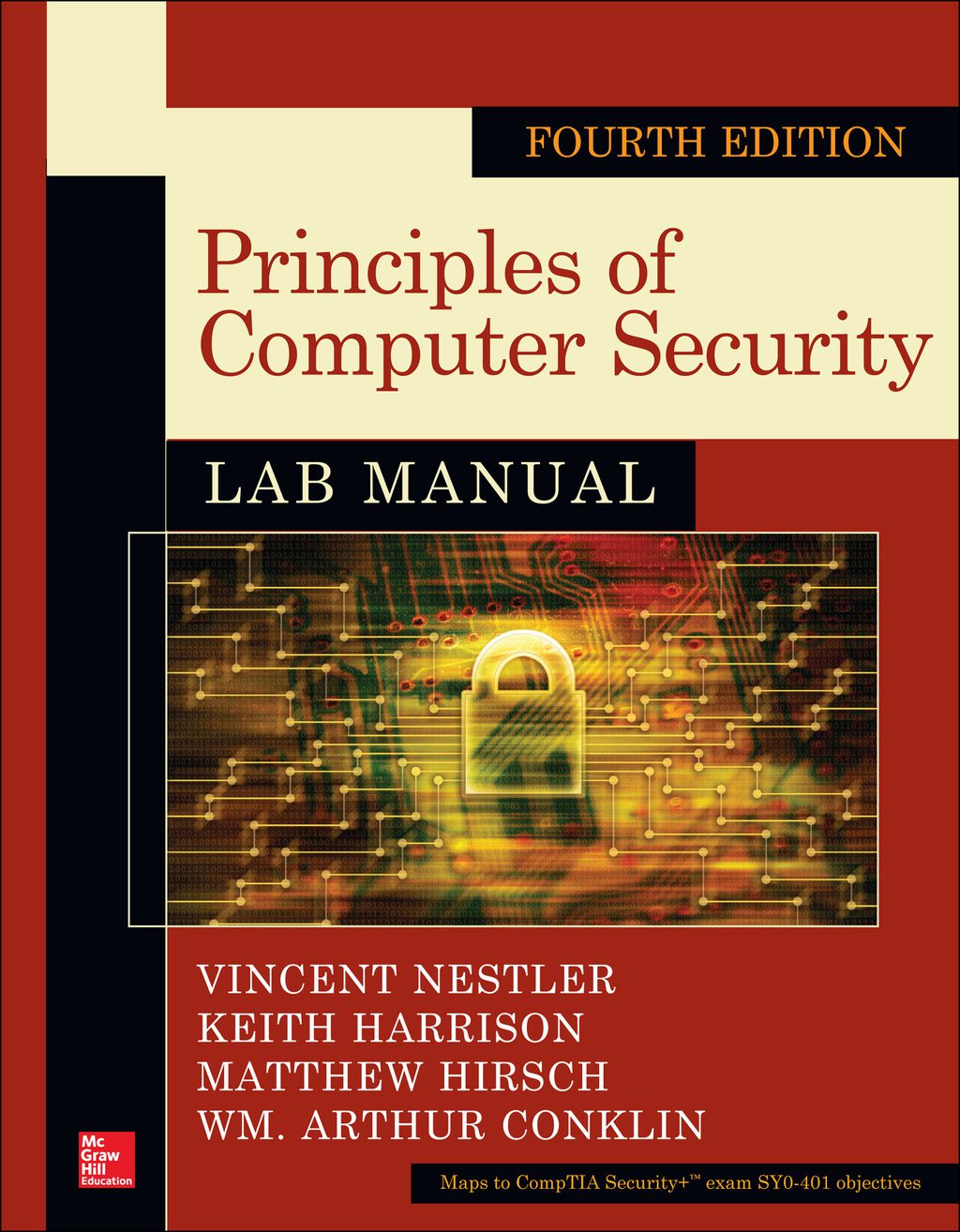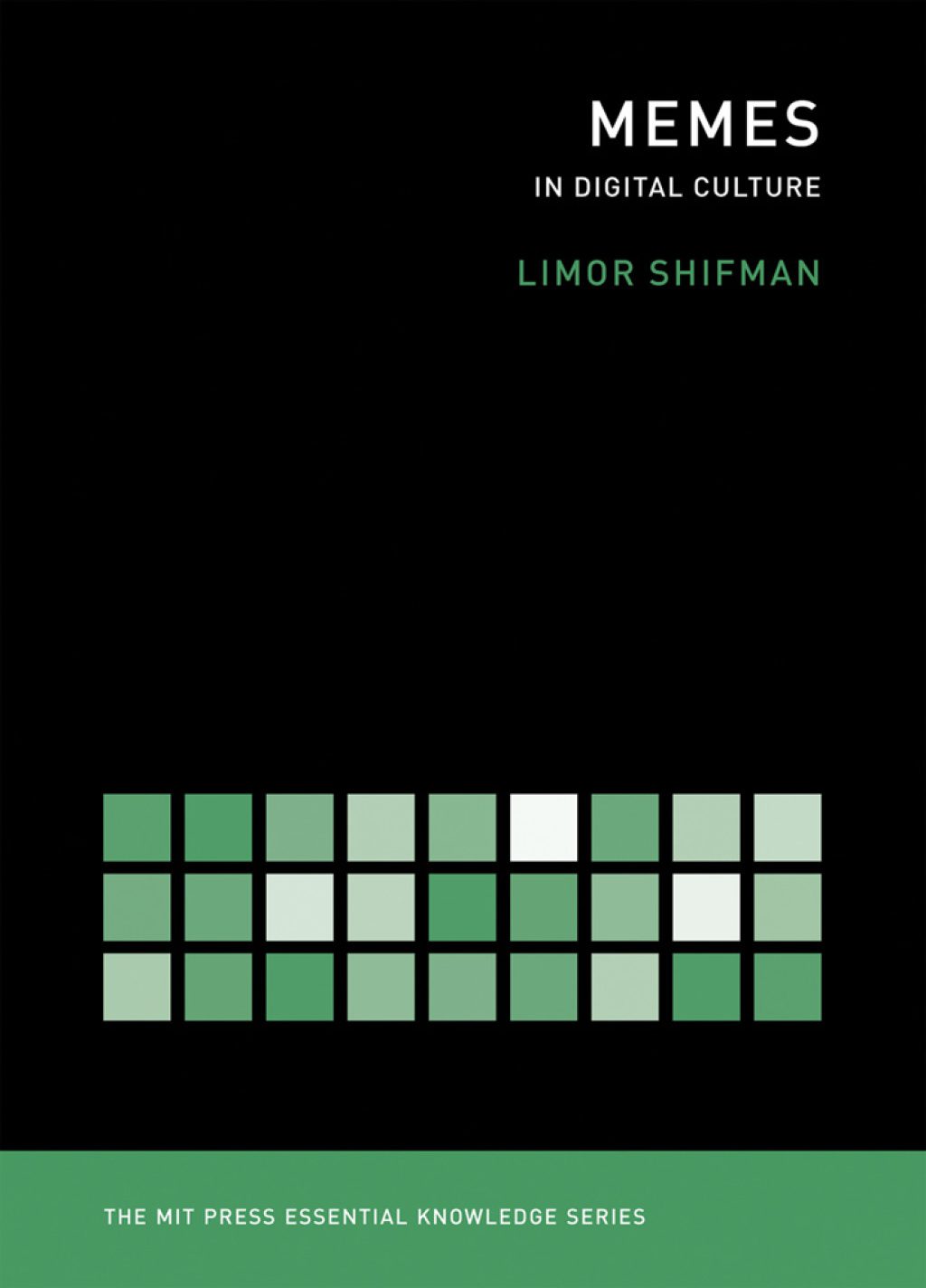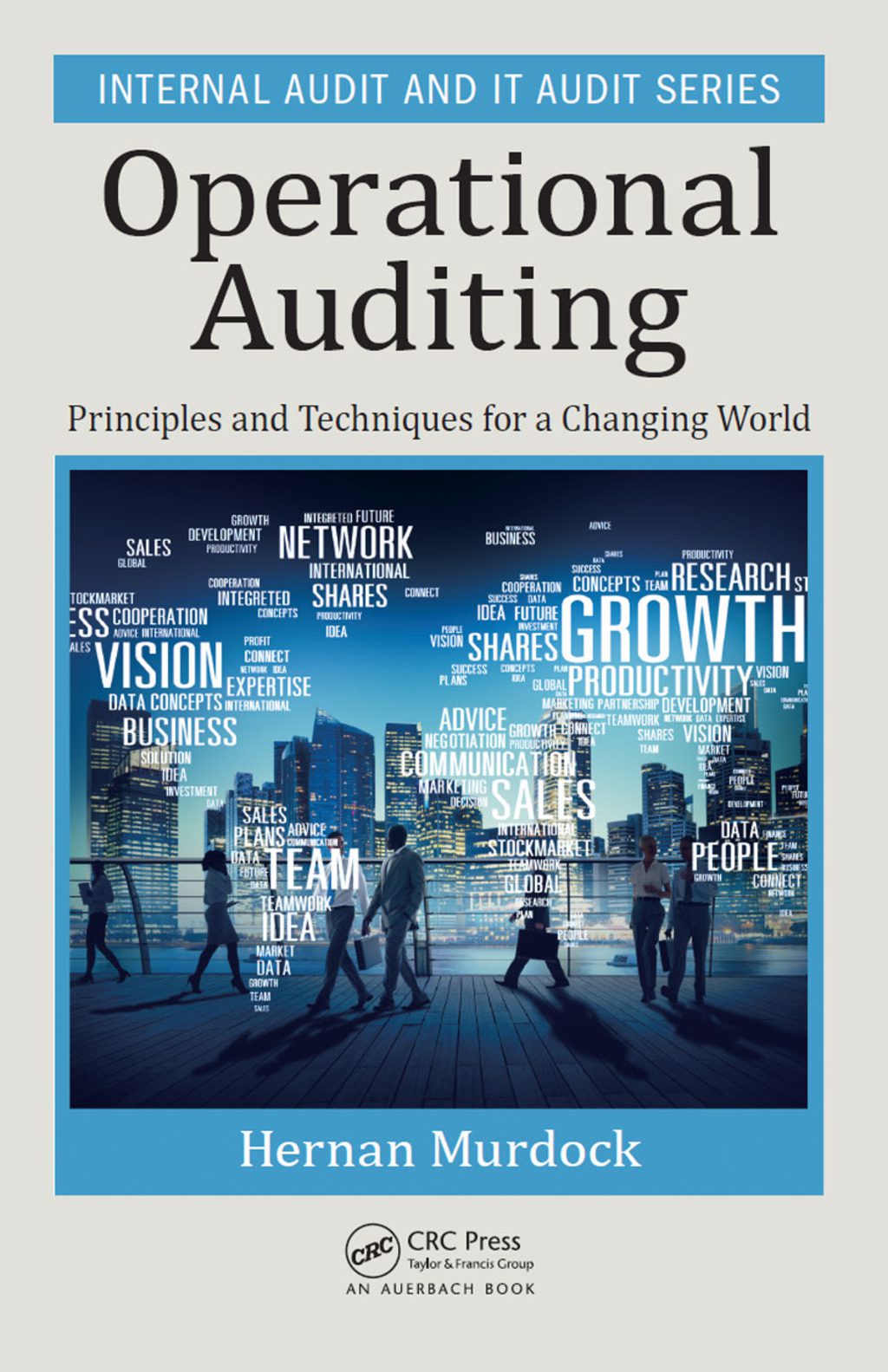Penrose0099771705, 9780099771708
Some love it, some hate it, but The Emperor’s New Mind, physicist Roger Penrose’s 1989 treatise attacking the foundations of strong artificial intelligence, is crucial for anyone interested in the history of thinking about AI and consciousness. Part survey of modern physics, part exploration of the philosophy of mind, the book is not for casual readers – though it’s not overly technical, it rarely pauses to let the reader catch a breath. The overview of relativity and quantum theory, written by a master, is priceless and uncontroversial. The exploration of consciousness and AI, though, is generally considered as resting on shakier ground.Penrose claims that there is an intimate, perhaps unknowable relation between quantum effects and our thinking, and ultimately derives his anti-AI stance from his proposition that some, if not all, of our thinking is non-algorithmic. Of course, these days we believe that there are other avenues to AI than traditional algorithmic programming; while he has been accused of setting up straw robots to knock down, this accusation is unfair. Little was then known about the power of neural networks and behavior-based robotics to simulate (and, some would say, produce) intelligent problem-solving behavior. Whether these tools will lead to strong AI is ultimately a question of belief, not proof, and The Emperor’s New Mind offers powerful arguments useful to believer and nonbeliever alike. | |







Reviews
There are no reviews yet.